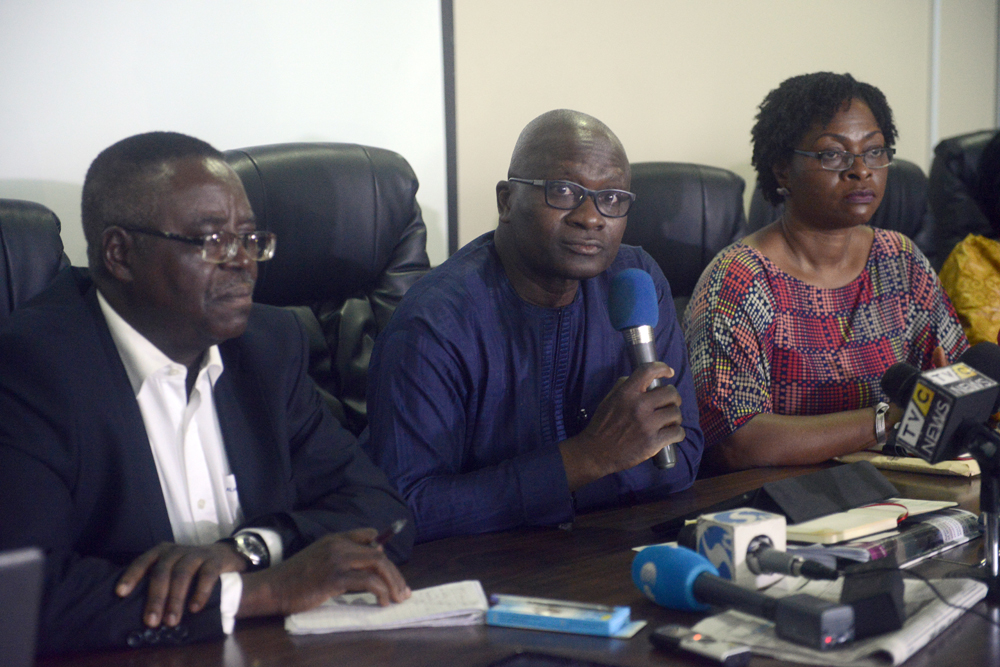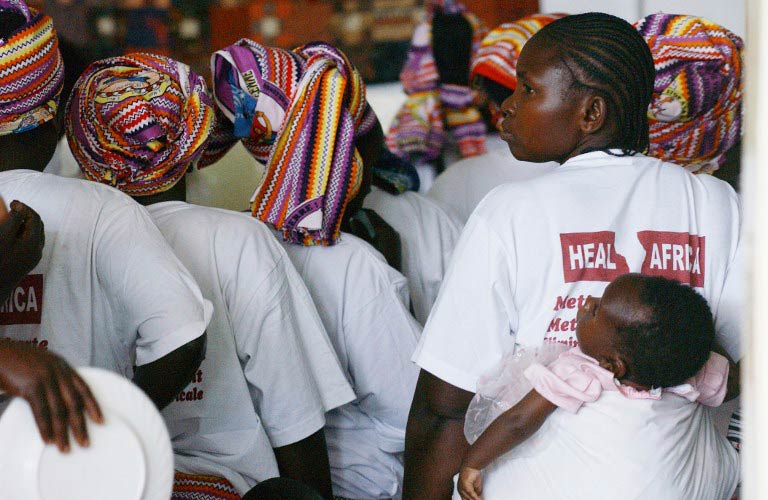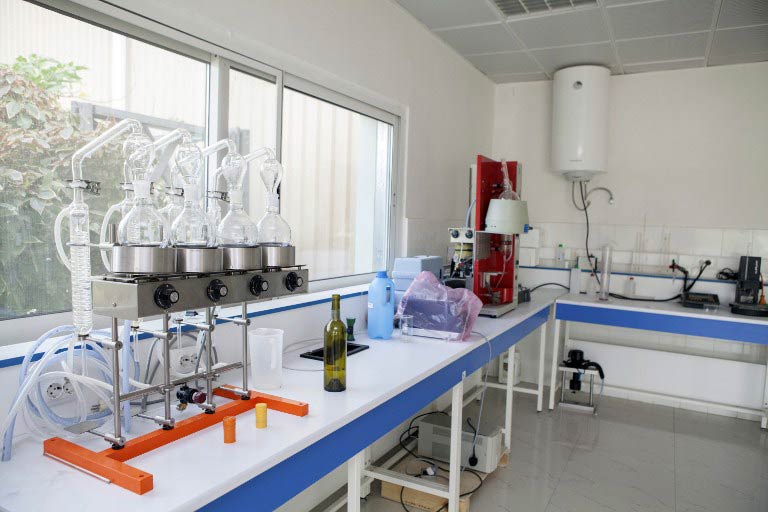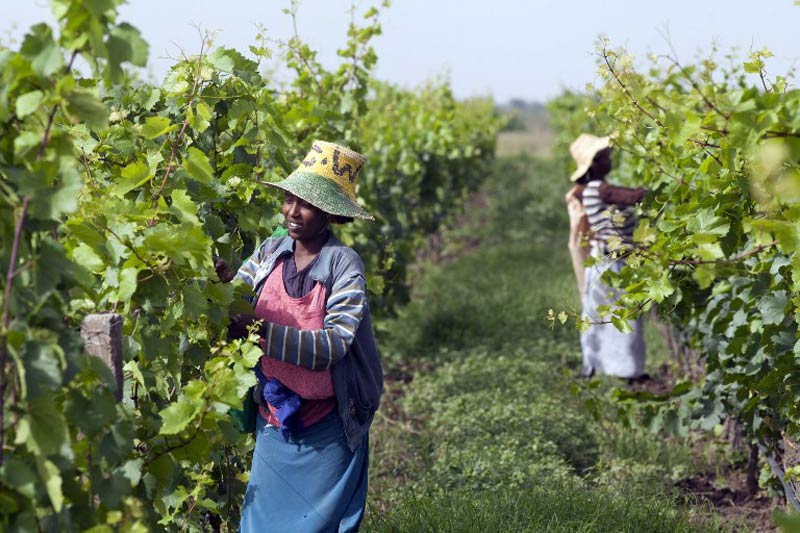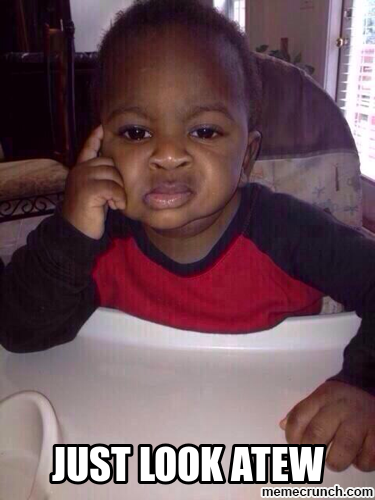From delivering milk in the hills of Kenya to racing through the streets of Glasgow at the Commonwealth Games, it is fair to say life is about to change drastically for John Njoroge, Suleiman Kangangi and Paul Ajiko.
Between them the three Kenyans will compete in the 2014 Commonwealth Games time trial on Thursday July 31, and in the road race on Sunday August 3. They will come up against competitors from strong cycling nations, such as England, Australia and South Africa, but they are not without hope or a chance.
Njoroge, Kangangi and Ajiko are from Iten, a small town on the Kenya-Uganda border that is notable for being home to many of the world’s finest long-distance runners. The hope of this trio is that it be known for its cyclists, too, with the Commonwealth Games offering the perfect showcase opportunity.
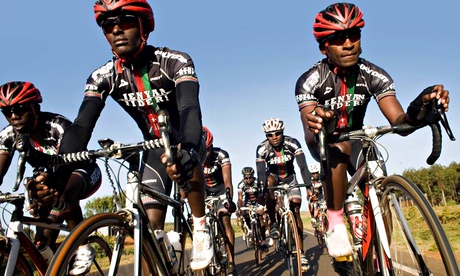
Kenya is where Froome was raised and first put foot to pedal on his way to becoming the 2013 Tour de France winner and one of the finest cyclists in the world, yet traditionally the country has lacked a base of top-level riders. However, success has been building. A Kenyan team finished 13th out of 9 000 teams in the 2011 l’Étape du Tour, an event that allows amateur cyclists to race the Tour de France route, and fourth in the following year’s Tour of Rwanda, Africa’s biggest cycling event.
Central to the story has been Nick Leong, a former Singaporean photographer who moved to Iten and formed the 11-strong Kenyan Riders, the country’s first professional cycling team. “Cycling is ready for a change,” Leong says. “It is important to have diversity in the sport and an African team definitely helps open it to an even larger demographic.”
Given that Iten has an altitude of 2.4km, it is no major surprise that the Kenyan Riders’ speciality is climbing. Njoroge, who at 1.65m is the shortest of the trio, works as a milk deliveryman in the highlands of Naivasha, transporting up to 60kg a day on his bicycle over long, gruelling distances. “I was working very hard,” he says. “My body was used to the heavy weight and I liked to ride at high speeds. When I heard about the Kenyan Riders team, I trained as much as I could to ensure that I could join. Cycling for Kenya is my dream.”
In 2012 Njoroge finished fourth in the Haute Route, a seven-day race in the French Alps which covers over 19.8 vertical kilometers, and is arguably the toughest cycling competition in the world. During that year’s Tour of Rwanda he also finished third, only two minutes behind South African professionals.
Like Njoroge, Kangangi has a milk-delivery background, yet this is a man who has always had a desire to improve his life; he taught himself to read, write and speak English after being taken out of school by his impoverished mother. Now Kangangi is determined to show the world his cycling abilities and, with it, the broader sporting capabilities of his home nation.
“I am proud to be cycling in Europe as a Kenyan and I want to show the world what Africans can do,” says Kangangi, who is co-captain of the Kenyan Riders, alongside Samwel Mangi. “The race course is seriously tough but I am determined to give everything. If we do a really good job, this can help us get more sponsorship and support.”
According to Kenyan Riders coach Simon Blake, this something that is essential if the sport is to grow across the country. “Bicycles are part of the Kenyan culture but so far they are used only as a utility tool,” he says. “There is no established racing scene in Kenya and racing there is at such a low level compared to where we want to be in the future. We have to go abroad for practice but unfortunately that costs heaps of money.”
In preparing for the Commonwealth Games the team have had to work without a mechanic. The riders, therefore, have had to largely look after themselves, which has included taking delivery of their time-trial bikes, which only arrived in Glasgow this week.
Yet Njoroge, Kangangi and Ajiko feel sure they can make an impact. “The world has to watch out,” Blake says. “In five to 10 years it will be Africans dominating the big tours.”
